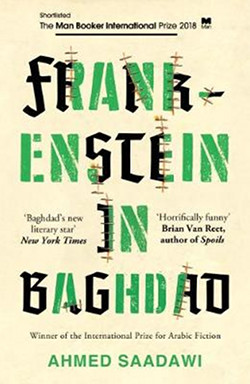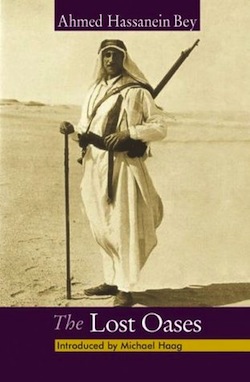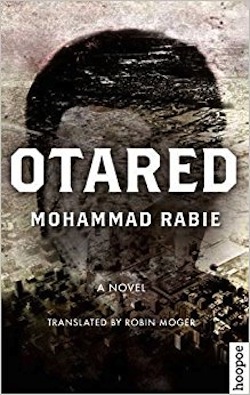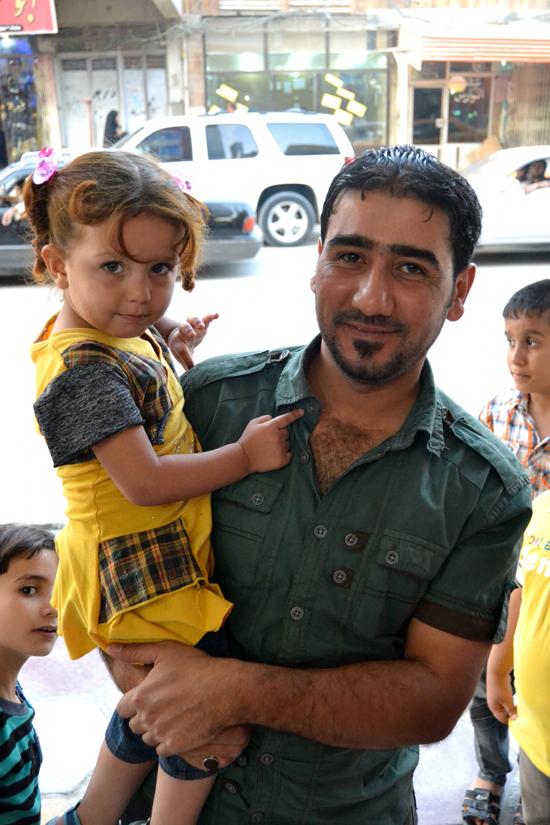Reworking A Classic: Frankenstein in Baghdad by Ahmed Saadawi
 The Arabic world has seen an upsurge in speculative fiction in recent years. Some attribute it to the disappointments of the Arab Spring and the disaster of the U.S. invasion of Iraq. Others point to ready access to the Internet, allowing Arab writers to communicate more easily with genre fans in other parts of the world.
The Arabic world has seen an upsurge in speculative fiction in recent years. Some attribute it to the disappointments of the Arab Spring and the disaster of the U.S. invasion of Iraq. Others point to ready access to the Internet, allowing Arab writers to communicate more easily with genre fans in other parts of the world.
Of course this ignores the fact that Arabic literature has a long tradition of the fantastic. Arab writers are working from very deep roots. So it’s interesting that one of the most successful Arab speculative novels of the past decade takes its inspiration from a Western source.
Frankenstein in Baghdad retells Mary Shelley’s classic tale in American-occupied Baghdad in the early years of this decade. The book originally came out in Arabic in 2013. Baghdad is a nightmare of opposing factions shooting it out while a corrupt Iraqi government propped up by the clueless Americans tries to keep it all together.
***Spoilers follow. If you don’t like spoilers, just go out and buy the novel. You’ll be glad you did.***
Hadi is a junk dealer who drinks too much and works too little, living in an abandoned house and telling wild tales at the local cafe to anyone who listens. On his rounds he comes across the wreckage of countless car bombings. While the emergency crews try to clean up as much as possible, they often miss small body parts. Hadi decides to take these home and sew them together, making a complete body that would be suitable for burial.
 I’ve always loved vintage travelogues. The world was bigger a hundred years ago, its cultures more distinct and isolated. Travel was hard and sometimes dangerous. Accounts of old journeys bring me back to a time when people could go to places like Africa and not be able to text home.
I’ve always loved vintage travelogues. The world was bigger a hundred years ago, its cultures more distinct and isolated. Travel was hard and sometimes dangerous. Accounts of old journeys bring me back to a time when people could go to places like Africa and not be able to text home. One pleasant stop on my recent trip to Cairo was the American University’s bookshop near Tahrir Square. It’s a treasure trove of books on Egyptology and Egyptian fiction in translation. Among the titles I picked up was the dystopian novel
One pleasant stop on my recent trip to Cairo was the American University’s bookshop near Tahrir Square. It’s a treasure trove of books on Egyptology and Egyptian fiction in translation. Among the titles I picked up was the dystopian novel 